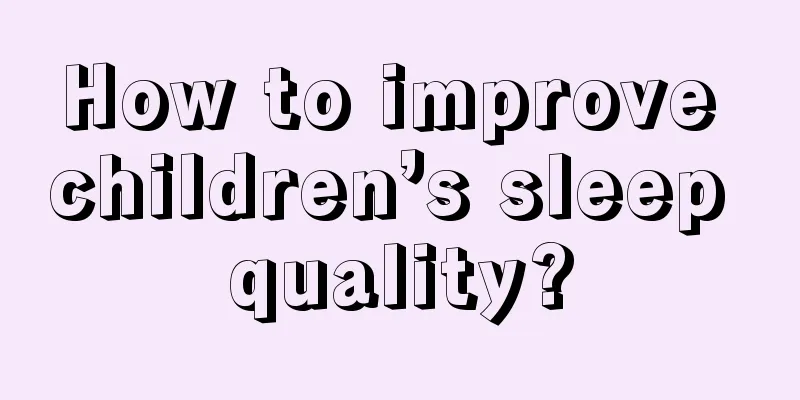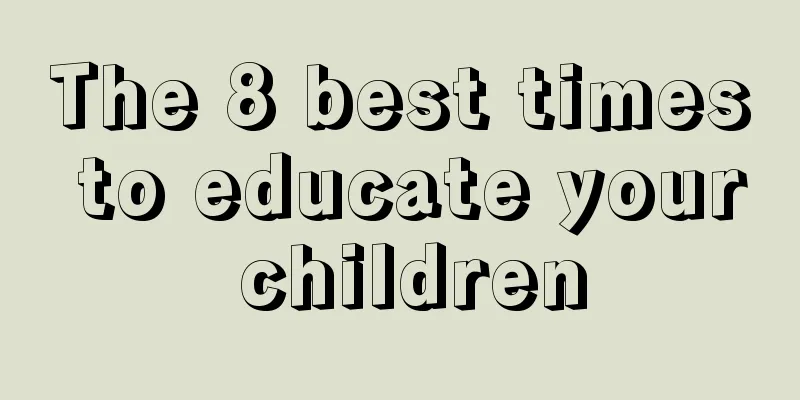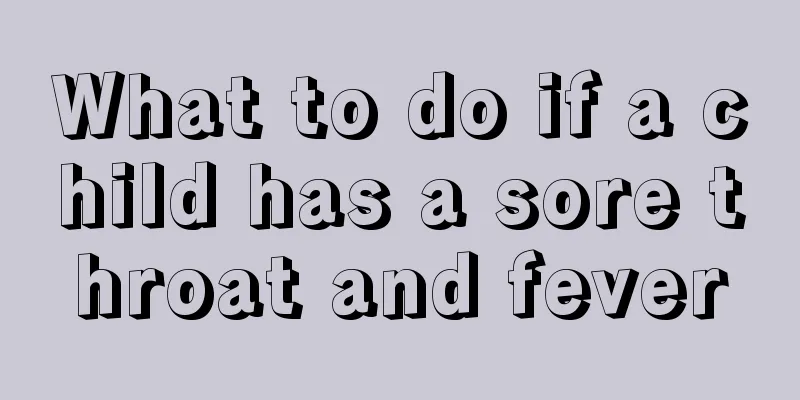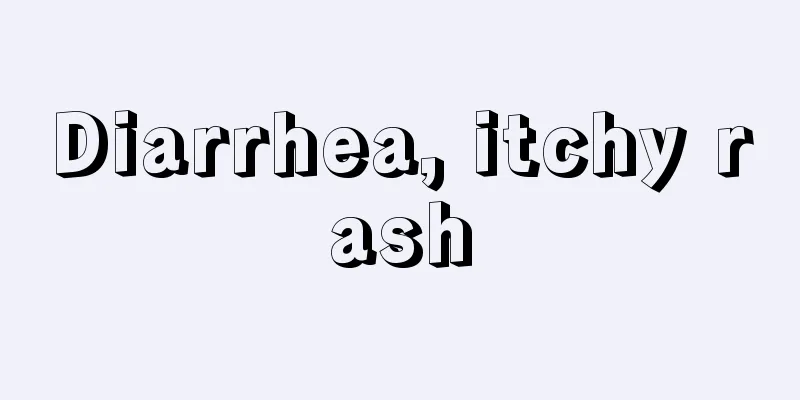Children's vaccination schedule introduction

|
People who have babies at home know that babies have very weak resistance, so they need to be vaccinated with different vaccines to fight diseases at certain times. However, many parents are not very clear about what vaccines should be given and when. This has become a concern for some parents. Today I will introduce to you some knowledge about children's vaccinations. For various reasons, our country divides baby vaccines into two categories. The first category is provided free of charge by public institutions, and the second category is given by parents at their own expense. Vaccination is the technology of inoculating vaccine preparations into humans or animals to enable the recipient to gain immunity against a specific pathogen or a pathogen similar to the vaccine. Through the immune system's recognition of foreign substances, antibodies are screened and manufactured to produce antibodies against the pathogen or similar pathogens, thereby enabling the recipient to have a stronger resistance to the disease. 1. Free vaccination. The first type of vaccine is routine immunization according to age. Babies must get it. When entering kindergarten or school, the vaccination status needs to be checked. Babies who have not completed the vaccination must get it again. The following are commonly used vaccines for childhood immunization: 1. BCG: BCG is a immunization vaccine used to prevent tuberculosis in children. Vaccination can give children special resistance to tuberculosis. 2. Hepatitis B vaccine: Hepatitis B vaccine is a special medicine used to prevent hepatitis B. After vaccination, the immune system can be stimulated to produce protective antibodies. These antibodies exist in human body fluids. Once the hepatitis B virus appears, the antibodies will immediately take effect to eliminate it, prevent infection, and will not harm the liver. This will enable the human body to have immunity to prevent hepatitis B, thereby achieving the purpose of preventing hepatitis B infection. Vaccination against hepatitis B is the most effective way to prevent hepatitis B virus infection. 3. Measles vaccine: Measles vaccine is a live attenuated vaccine with mild vaccination reaction and good immune persistence. It can prevent measles if the baby is vaccinated regularly after birth. 4. Polio vaccine (abbreviated as polio pill): Polio pill is an oral vaccine preparation, white granular sugar pill, which is safe for vaccination. Taking sugar pills as planned after birth can effectively prevent polio. 5. DTP preparation: It is a mixture of pertussis vaccine, refined diphtheria toxoid and refined tetanus toxoid, which can prevent pertussis, diphtheria and tetanus at the same time. 6. Japanese encephalitis vaccine: The Japanese encephalitis vaccine is made by infecting hamster kidney cells with the Japanese encephalitis virus. After cultivation, the virus liquid is harvested and freeze-dried to make a live attenuated vaccine for the prevention of Japanese encephalitis. 2. Vaccination at one's own expense: The disease prevention effect of the second type of vaccine is as important as that of the first type of vaccine, and its effectiveness and safety have been proven. However, the country does not have the conditions to provide it free of charge, so parents need to choose to vaccinate their babies according to their conditions. This type of vaccine can prevent some infectious diseases that babies are susceptible to and that are more harmful. The above is some knowledge about children’s vaccination. I hope it can help mothers, because vaccination is the simplest and most effective means to prevent and control infectious diseases in children. Some mothers may also worry about whether the vaccine is unsafe, etc., so mothers need to choose a regular large hospital, so that safety can be guaranteed to the greatest extent. |
<<: Height and weight standard indicators for six-year-old children
>>: How to remove birthmarks on children
Recommend
What should I do if my baby has a cut on his chin?
Babies are young, naturally active, and without a...
How to stimulate a two-year-old baby to talk
Teaching a child to speak is a technical job. For...
Treatment of enlarged adenoids in children
We have seen many, many children with enlarged ad...
Diet for children with intussusception
Intussusception in children is a relatively commo...
What to do if your newborn baby sleeps with his head tilted
Different sleeping positions of newborns will als...
What is a normal temperature for a child?
Body temperature is the normal temperature of a l...
How old can children clean their ears? How many months can babies clean their ears?
There are many things that children cannot do whe...
What disease is it that causes a child to have thick yellow nasal discharge?
What disease causes children to have thick yellow...
How your baby's vision develops
Nowadays, I believe that many people have some pr...
When do children lose their teeth?
The time when children's teeth change is a pr...
Why does my baby's ears smell?
If your baby's ears have a bad smell, parents...
What causes a child to have a fever and diarrhea?
After having a child, every parent will put the c...
Umbilical cord bleeding in newborn babies can be divided into two situations
Many newborns have umbilical cord bleeding. Altho...
What is adenoids hypertrophy in children
Now, families pay special attention to children, ...
What causes the child's swollen eyes?
If a child's eyes are swollen and painful, pa...









